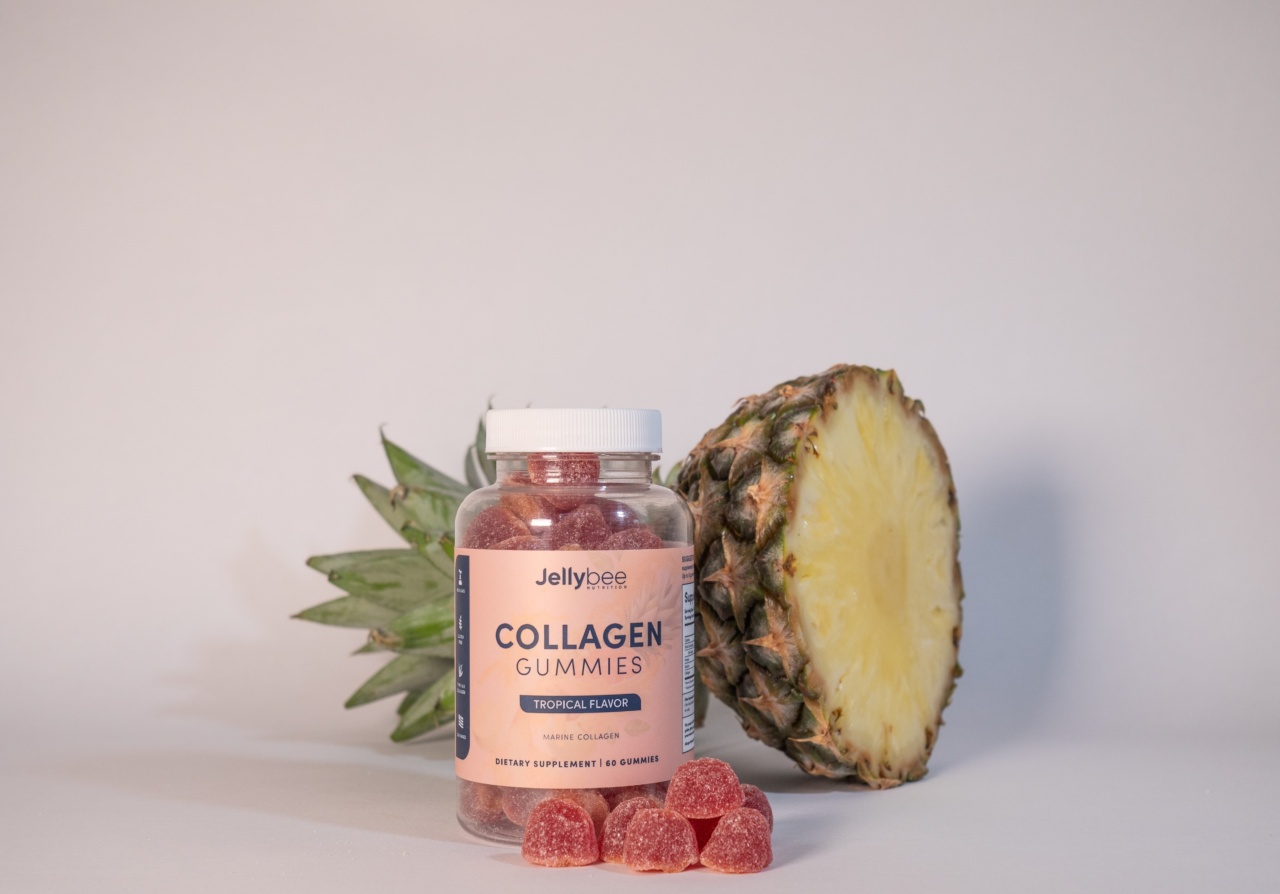Gingivitis is a common oral health condition characterized by inflammation of the gums. It is usually caused by poor oral hygiene, allowing bacteria to accumulate and form a sticky film called plaque.
If left untreated, gingivitis can progress to a more severe form of gum disease called periodontitis, which can lead to tooth loss and other complications.
While regular brushing, flossing, and dental check-ups are essential for maintaining healthy gums, certain fruits have been found to have anti-gingivitis properties.
These fruits contain natural compounds that can help reduce inflammation, fight bacteria, and promote gum health.
1. Guava
Guava is a tropical fruit that is rich in antioxidants and vitamin C. It has been hailed for its numerous health benefits, including its ability to promote gum health.
The antioxidants in guava can help reduce inflammation and protect the gums from damage caused by free radicals.
Vitamin C is essential for collagen production, which is important for maintaining the integrity of the gums. It also has antibacterial properties that can help fight off the harmful bacteria that contribute to gingivitis.
2. Cranberries
Cranberries are well-known for their role in preventing urinary tract infections, but they may also have benefits for oral health.
Cranberries contain compounds called proanthocyanidins, which can help prevent bacteria from sticking to the teeth and gums.
Studies have shown that regular consumption of cranberry juice or cranberry supplements can help reduce plaque formation and lower the risk of gingivitis.
However, it is important to choose unsweetened cranberry products to avoid the potential negative effects of added sugars on dental health.
3. Pomegranates
Pomegranates are not only delicious but also packed with antioxidants and anti-inflammatory compounds. Research has shown that pomegranate extract can inhibit the growth of bacteria responsible for causing gum disease.
In addition, pomegranate extract has been found to reduce the production of inflammatory chemicals in the gums, helping to alleviate gum inflammation and promote healing.
Drinking pomegranate juice or adding fresh pomegranate seeds to your diet can contribute to better gum health.
4. Kiwi
Kiwis are small but mighty fruits when it comes to oral health. They are loaded with vitamin C, which can help strengthen the gums and reduce the risk of gingivitis.
The high vitamin C content in kiwis also supports collagen synthesis and promotes the healing of inflamed gums.
Furthermore, kiwis contain an enzyme called actinidin, which has been shown to have antibacterial properties. This enzyme can help break down the plaque-forming bacteria in the mouth, reducing the risk of gum disease.
5. Pineapple
Pineapple is not only a tasty tropical fruit but also a natural remedy for gum health. It contains bromelain, a mixture of enzymes that have anti-inflammatory and antimicrobial properties.
Bromelain can help reduce inflammation in the gums and promote healing. It can also break down the harmful proteins that contribute to plaque formation.
Adding fresh pineapple to your diet or consuming bromelain supplements can be beneficial for gum health.
6. Strawberries
Strawberries are not just delicious, but they are also rich in antioxidants and vitamin C, making them a great choice for maintaining gum health. The antioxidants in strawberries can help reduce inflammation and protect the gums from damage.
In addition, strawberries contain malic acid, a natural teeth whitening agent that can help remove surface stains from the teeth. This can contribute to a brighter smile and overall oral health.
7. Apples
The saying “an apple a day keeps the doctor away” may also apply to your oral health. Apples are high in fiber and water content, which can help stimulate saliva production and keep the mouth hydrated.
Chewing on apples also promotes gum health by increasing blood flow to the gums and removing plaque from the teeth. The natural fiber in apples can also act as a gentle scrub for the teeth, helping to remove food particles and prevent plaque buildup.
8. Oranges
Oranges are well-known for their vitamin C content, which is beneficial for gum health. Vitamin C helps strengthen blood vessels and promotes collagen production, which is essential for healthy gums.
In addition, oranges contain natural acids that can help clean the teeth and prevent bacteria from sticking to the gumline.
However, it is important to enjoy oranges in moderation due to their acidic nature, which can be harmful to tooth enamel if consumed in excess.
9. Watermelon
Watermelon is not only hydrating but also a good source of vitamins A and C, which are important for gum health. Vitamin C helps maintain the integrity of the gums, while vitamin A supports the healing of inflamed gums.
Chewing on watermelon can promote saliva production, which is essential for flushing away bacteria and food particles from the mouth.
Its high water content also helps keep the mouth hydrated and less prone to dryness, which can contribute to gum problems.
10. Blueberries
Blueberries are known for their high antioxidant content, which can help reduce inflammation in the body, including the gums. They also contain anthocyanins, which have been found to inhibit the growth of bacteria associated with gum disease.
Regular consumption of blueberries or blueberry extracts can help promote gum health and reduce the risk of gingivitis.
These berries are also a great choice for overall health due to their numerous other benefits, such as supporting brain health and reducing the risk of chronic diseases.




























